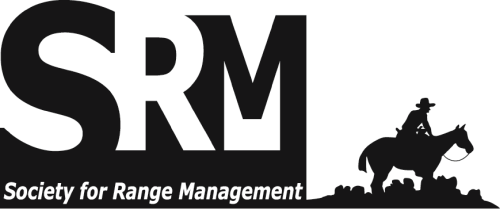The purpose of my study is to test whether Management-intensive Grazing (MiG) can help ranchers in BC's Interior optimize carbon sequestration in their pastures. Carbon sequestration helps to reduce greenhouse gases (CO2) and is proposed as a means of offsetting carbon dioxide emissions. Grasses allocate much of their annual growth into belowground biomass production, which is conducive to the storage (sequestration) of carbon. Improved grazing practices are recognized as a strategy to increase rates of carbon sequestration and are therefore a viable option for climate change mitigation. Increasing soil carbon levels may also improve the adaptability of a ranch to climatic changes, through greater moisture retention, nutrient cycling and other associated benefits. Soil carbon is said to increase in pastures that are converted from extensive management to intensive management (MiG). For this study, seven working ranches in the BC Interior are being observed, and soil samples taken from pastures that are managed intensively, as well as those being managed extensively (traditionally) –for comparison. Preliminary results suggest that carbon density is positively correlated with depth in intensively managed pastures, and negatively correlated in extensively managed ones. This could indicate that intensive management practices are more likely to store carbon deeper in the soil, and might sequestering it more effectively than extensively managed pastures. If MiG is shown to optimize carbon sequestration, subsequent benefits of climate change mitigation and adaptation can be supported and communicated to ranchers in the interior of BC. Improvements in soil carbon storage, hydrological functions, and other ecological services can significantly benefit the environment, as well as result in tangible economic benefits from increased land productivity and adaptability to climate change.

Oral presentation and poster titles, abstracts, and authors from the Society for Range Management (SRM) Annual Meetings and Tradeshows, from 2013 forward.